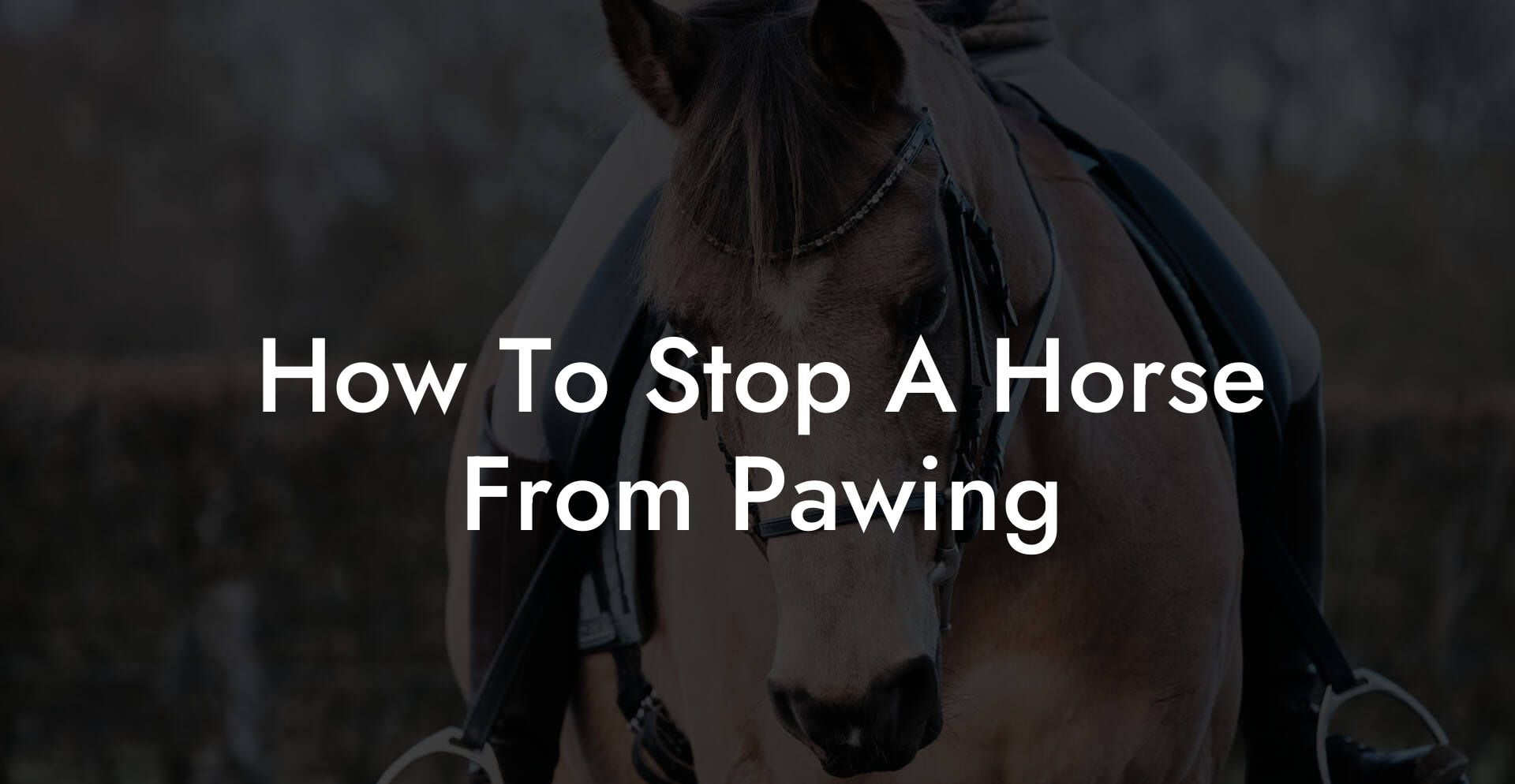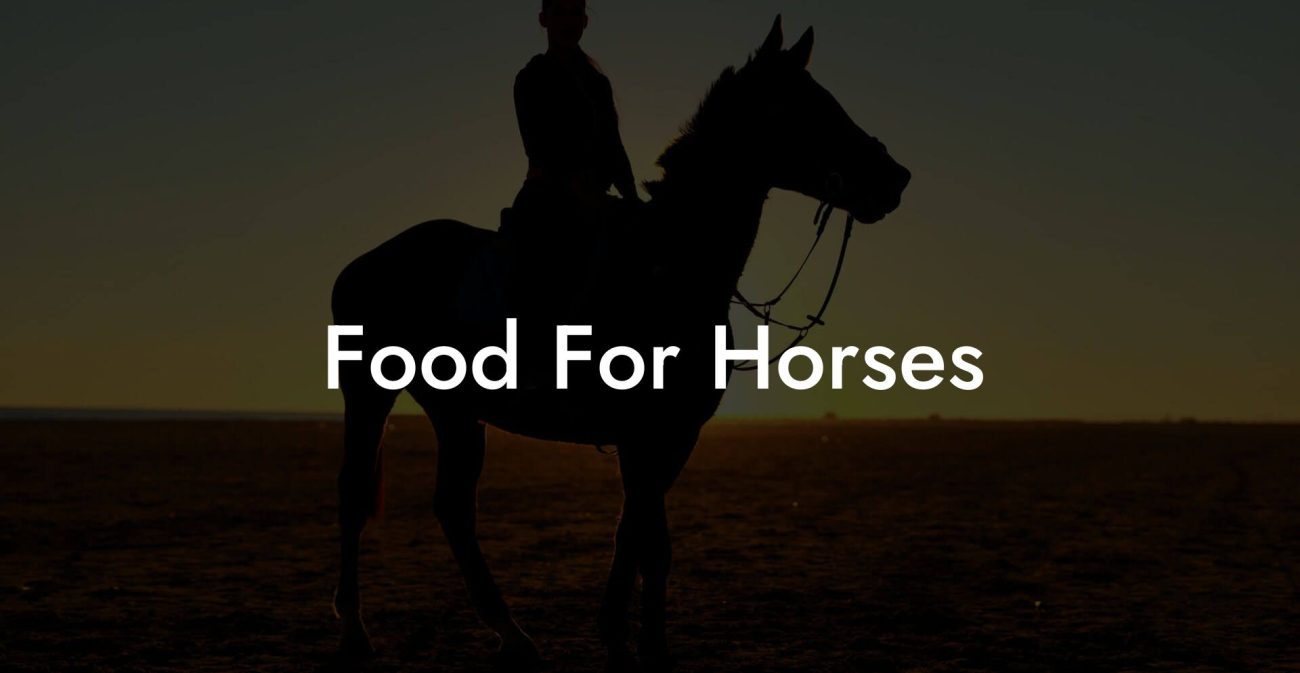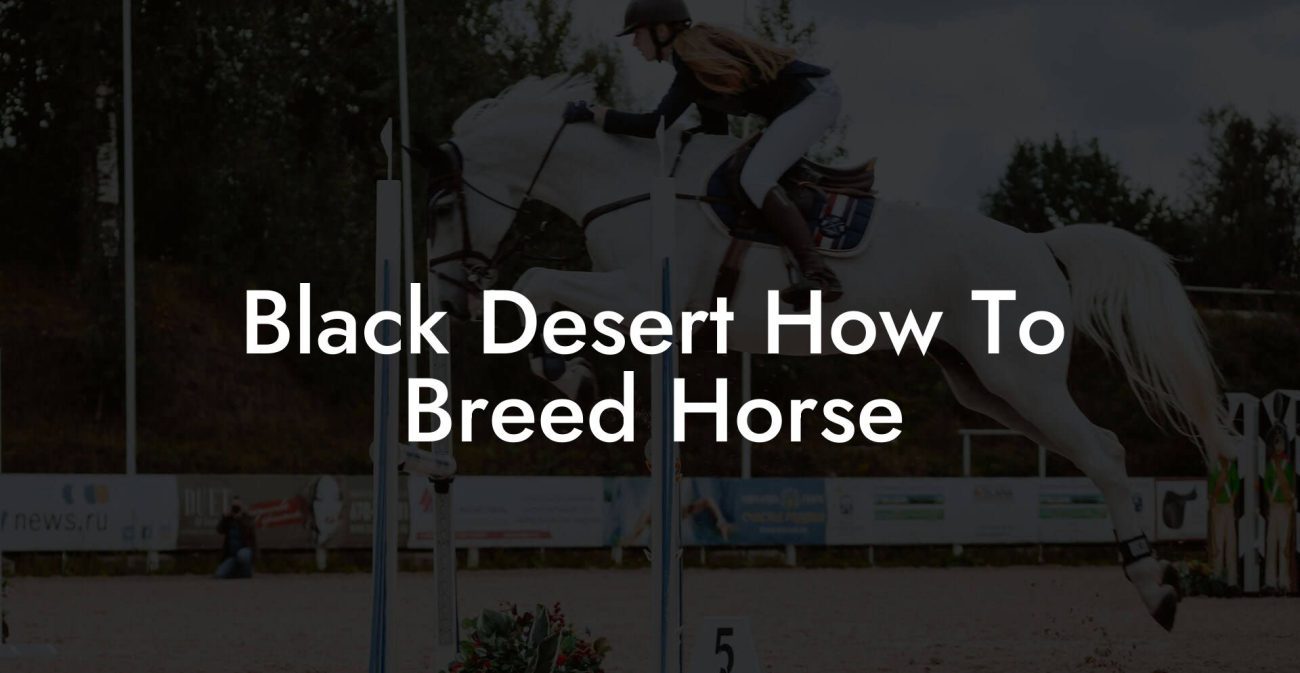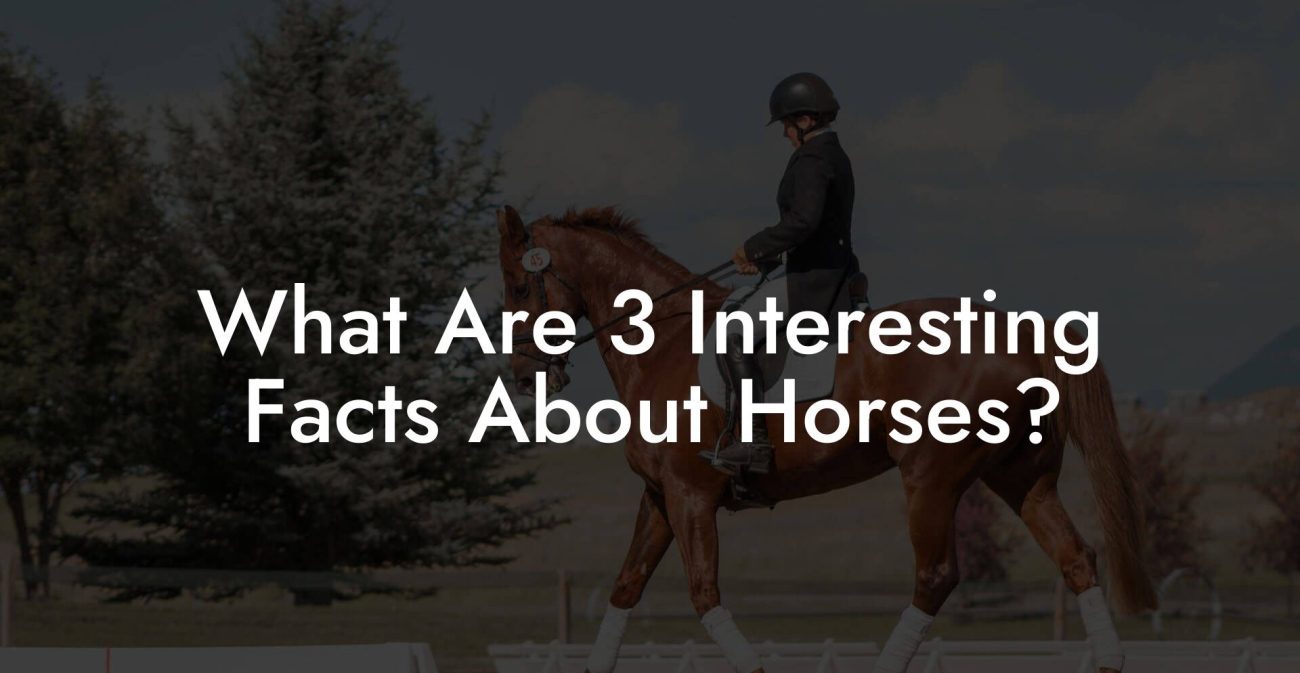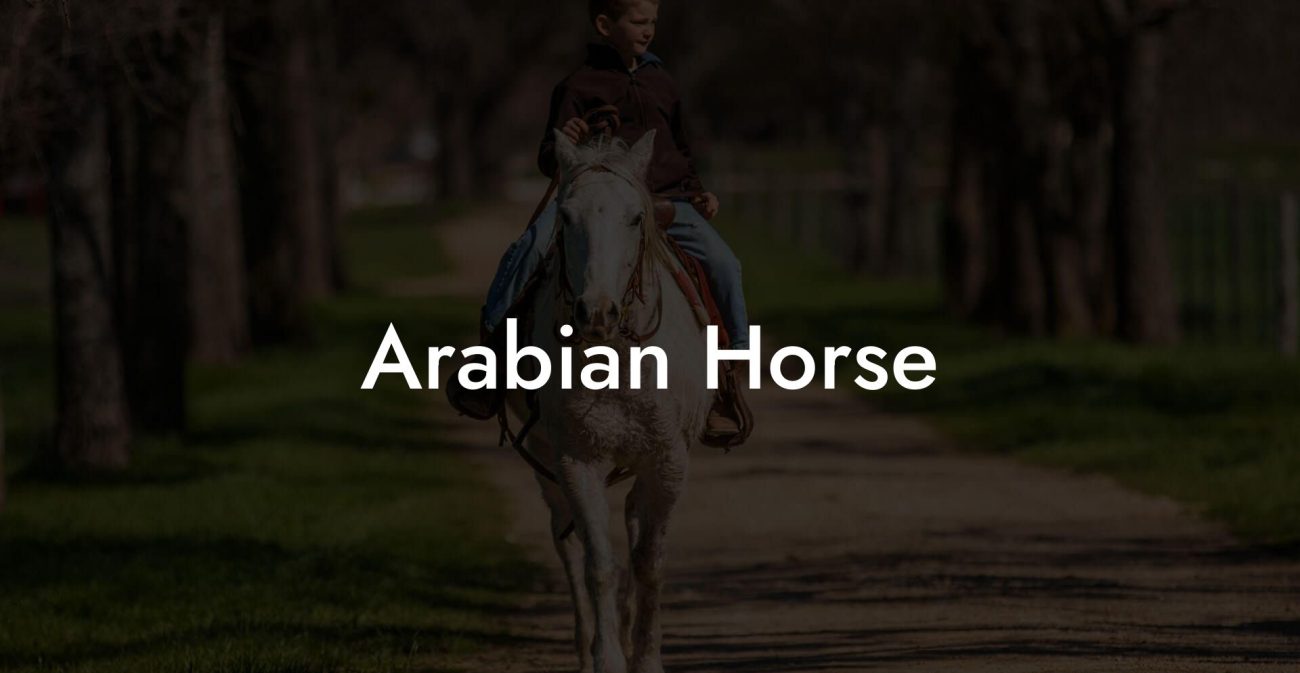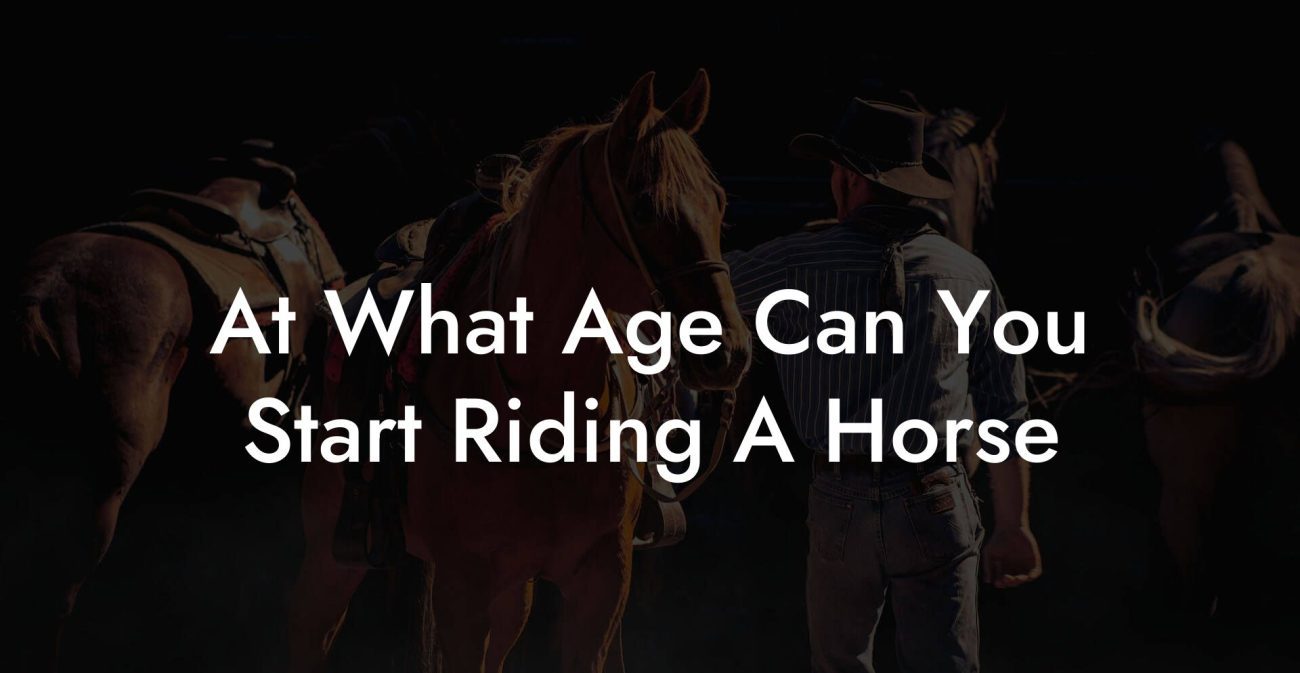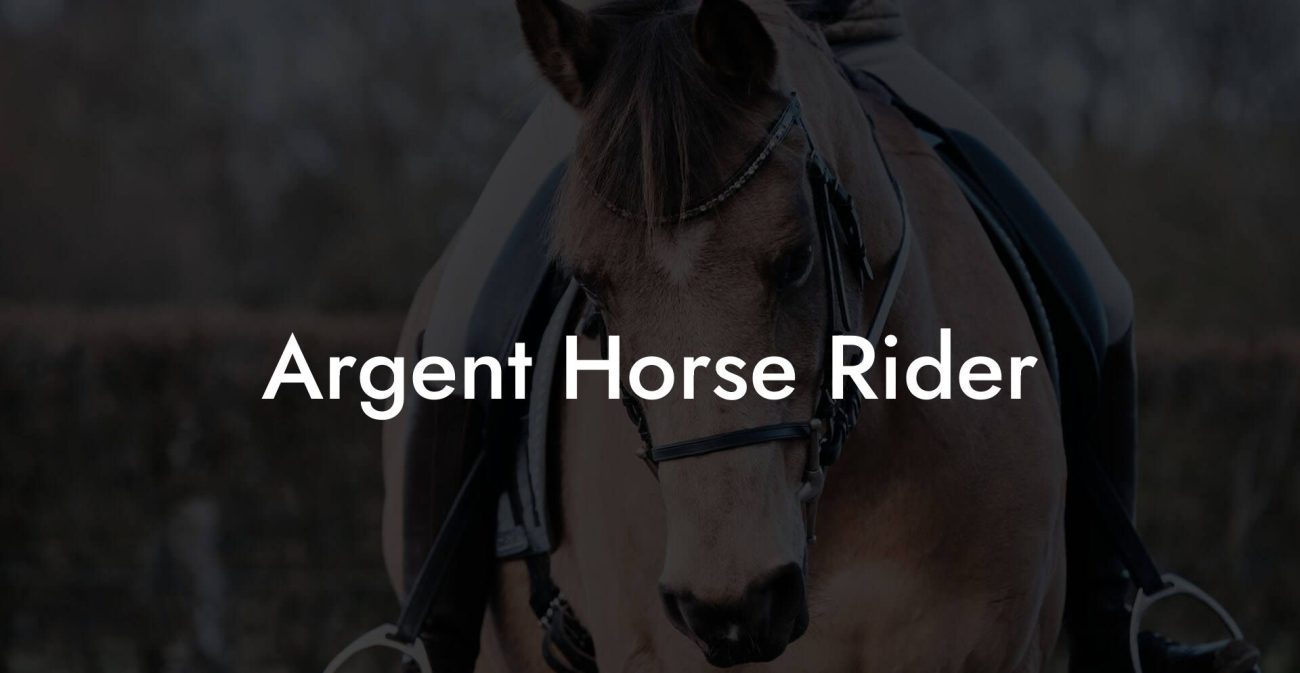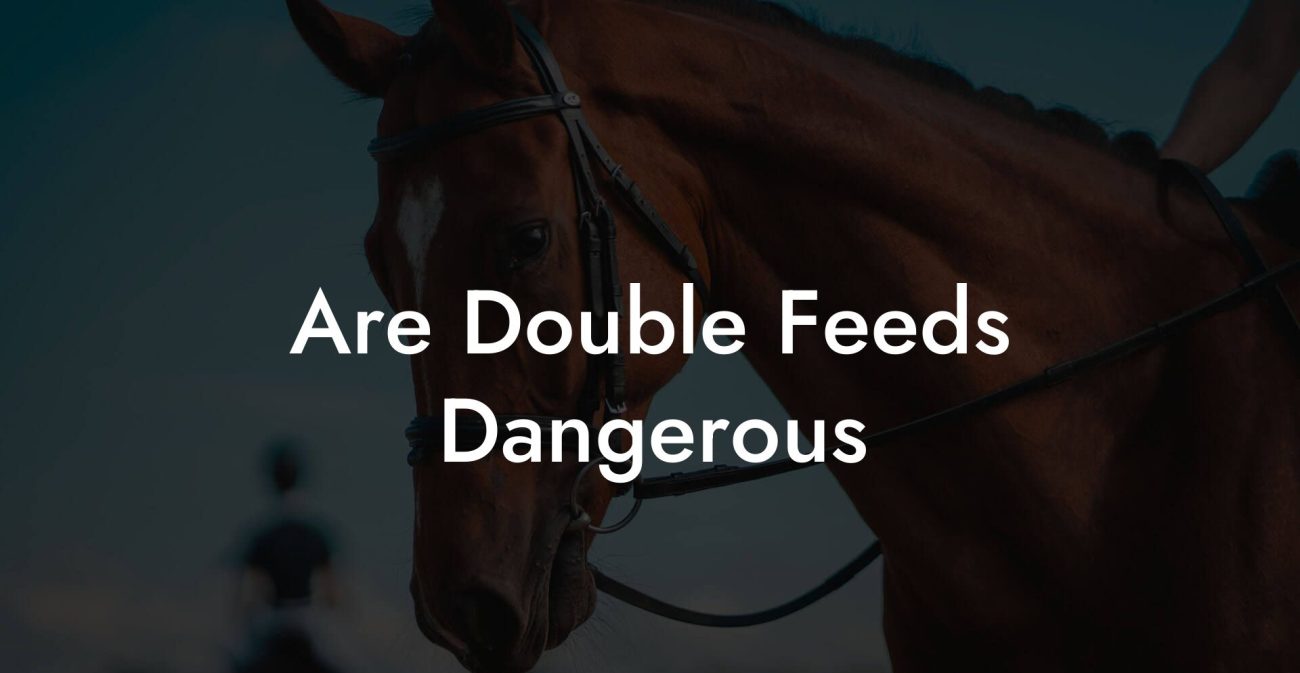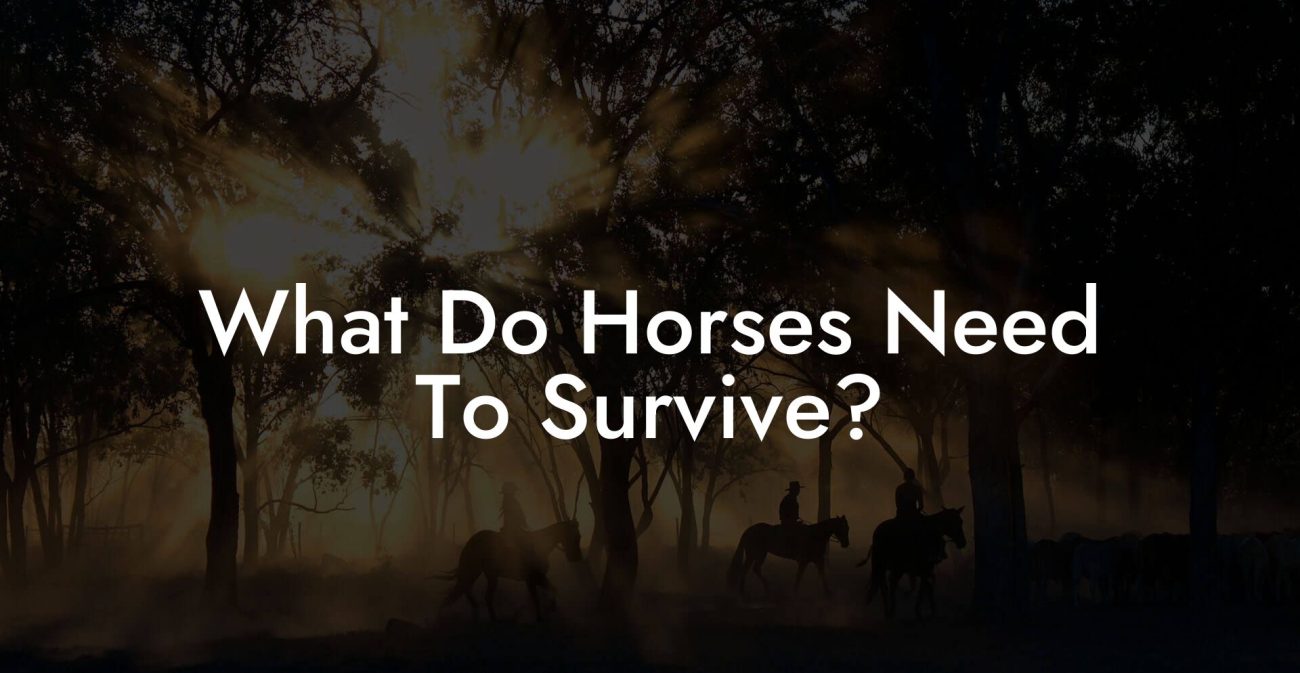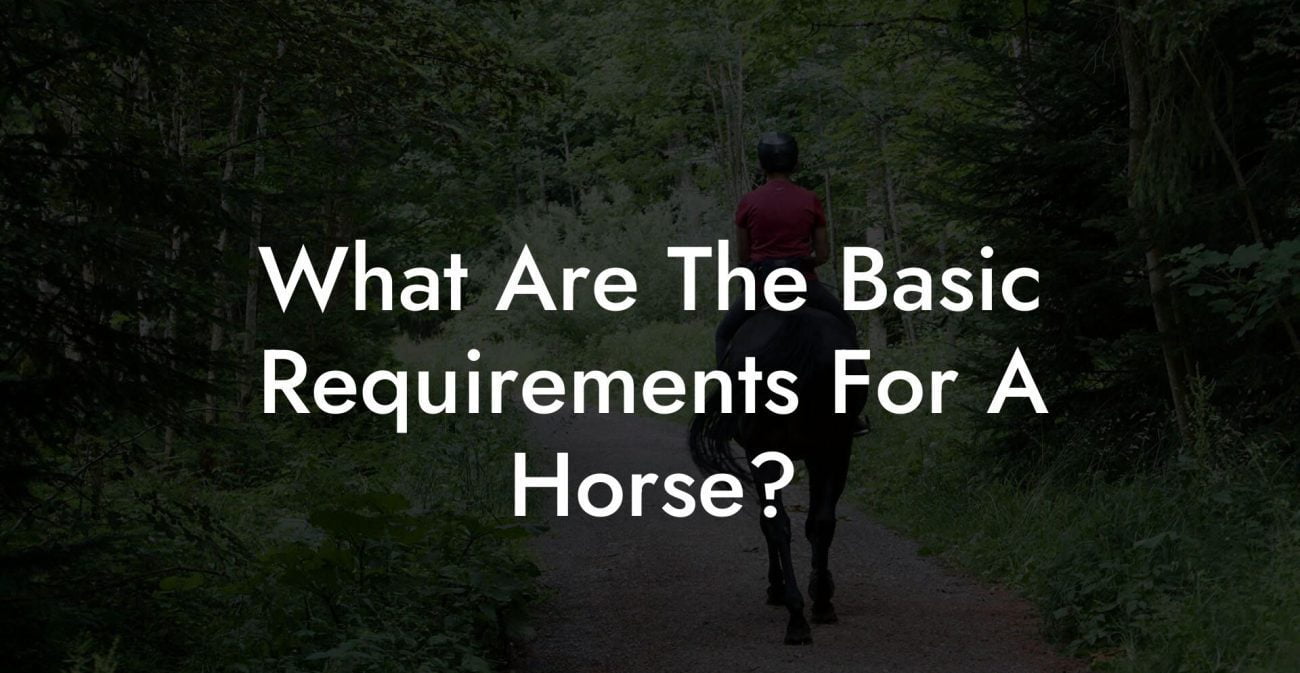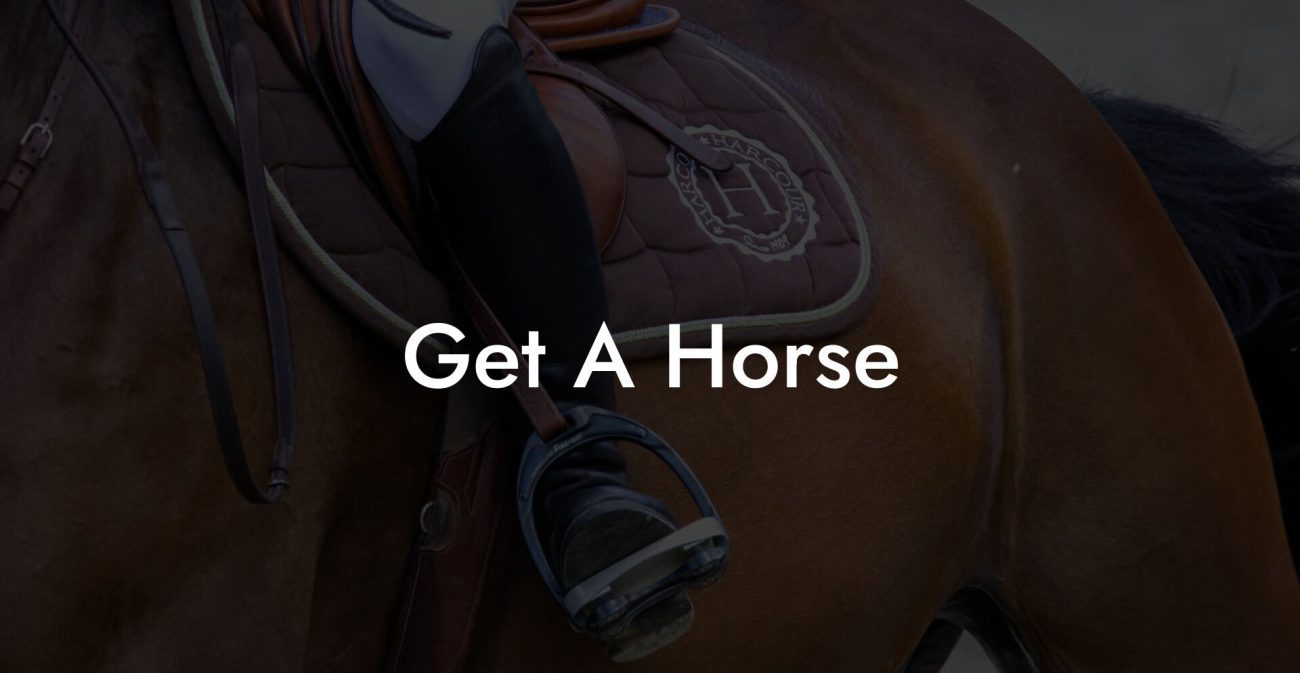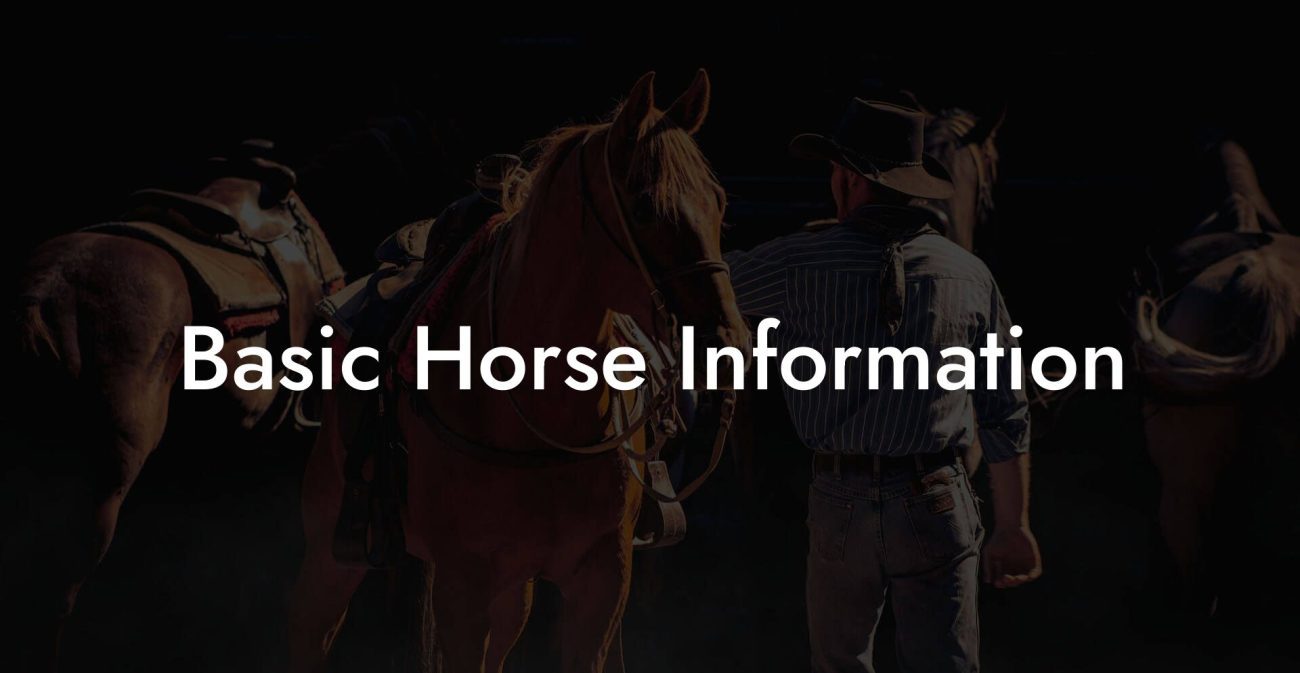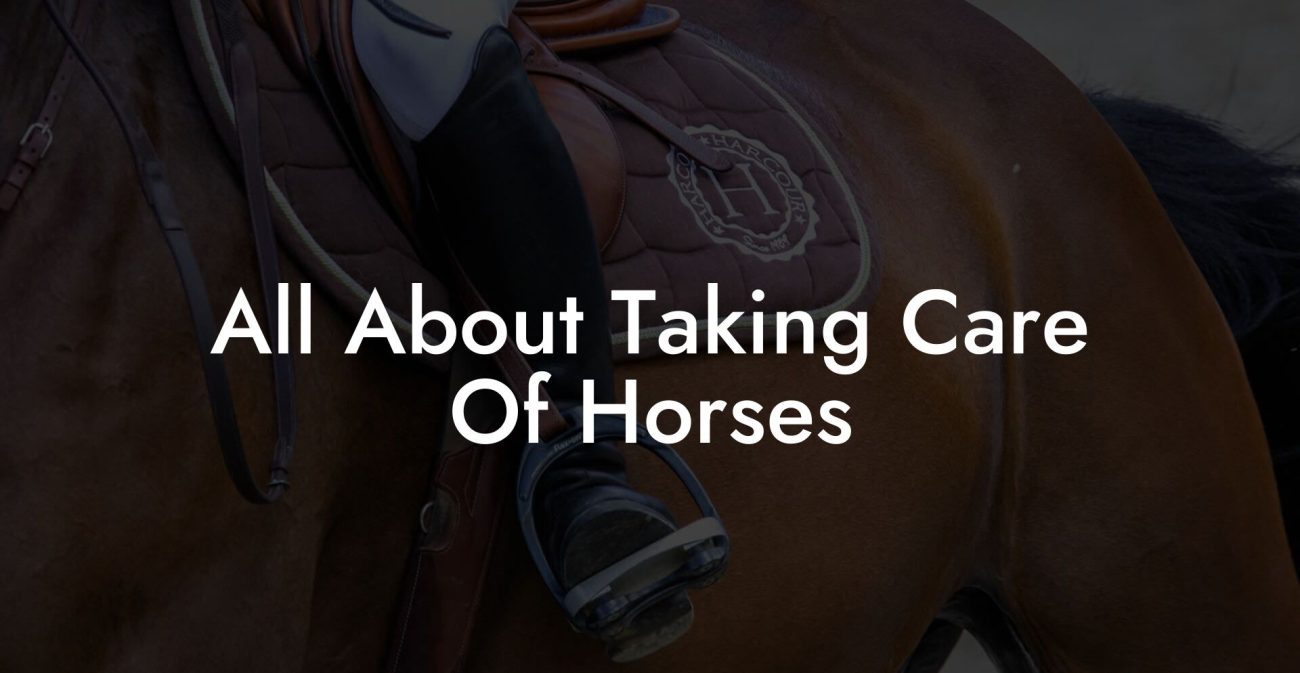Picture your favorite four-legged friend, majestic, free-spirited, and oh-so-sassy, suddenly getting a case of the mischief blues as it starts pawing at the ground like it’s auditioning for a dance-off. Horses paw for a variety of reasons, and while it might seem like just another quirky equine habit, constant pawing can signal discomfort, anxiety, or even a trap waiting to be set for your prized steed. In this guide, we’re diving deep into “How To Stop A Horse From Pawing,” covering everything from surprising causes to game-changing training tweaks. So saddle up, and let’s get to the bottom of your horse’s pawing antics!
Quick Links to Useful Sections
- Understanding Horse Pawing Behavior
- Assessing Your Horse’s Pawing: When to Worry
- Common Triggers That Lead to Pawing
- Boredom and Stagnation
- Discomfort and Physical Pain
- Anxiety and Stress Reactions
- Anticipation and Impatience
- Effective Training Techniques to Curb Pawing
- Positive Reinforcement
- Creating a Structured Routine
- Distraction and Redirection
- Consistent Use of Verbal Cues
- Reward-Based Exercise Regimens
- Environmental Adjustments to Reduce Pawing
- Ensure Proper Turnout
- Improve Stall Comfort
- Adequate Social Interaction
- Noise and Visual Distractions
- The Role of Veterinary Care in Addressing Pawing
- Holistic and Integrative Approaches to Modify Behavior
- Natural Supplements
- Massage and Acupuncture
- Mindfulness for Equines
- Practical Steps: How To Stop A Horse From Pawing Step-by-Step
- Step 1: Monitor and Document
- Step 2: Inspect the Environment
- Step 3: Implement Positive Reinforcement
- Step 4: Introduce Structured Exercise
- Step 5: Consult the Experts
- Step 6: Evaluate and Adjust
- Real-Life Success Stories: Transformation in Action
- Case Study 1: Bella’s Bounce Back
- Case Study 2: Rocky’s Road to Recovery
- Case Study 3: Daisy’s Dynamic Shift
- Resources and Community Support: Your Next Steps
- Maintaining Long-Term Behavioral Change
- Innovative Tools and Technology in Equine Behavior Modification
- Wearable Fitness and Health Trackers
- Mobile Apps for Equine Management
- Virtual Consultations with Experts
- Monitoring Progress: Measuring Success and Fine-Tuning Your Approach
- Integrative and Holistic Approaches FAQs: Your Questions Answered
- Your Journey to a Calmer, Happier Horse
Understanding Horse Pawing Behavior
Horses are fascinating creatures with personalities as complex as their powerful physiques. Pawing, the rhythmic tapping or scrabbling of a horse’s hooves, is a natural behavior, yet it can be misinterpreted if it becomes excessive. At its core, pawing is a form of communication. Every tap can tell a story, whether it’s boredom, impatience, frustration, or even a sign of discomfort.
While some horse owners might chuckle and call it “cute,” constant pawing can be concerning. It’s essential to understand that pawing isn’t just an isolated act; it’s embedded in a horse’s behavior as both a coping mechanism and an instinctive action. Many horses paw when waiting for food, when they’re anxious about something unfamiliar, or even simply to stretch their muscles.
Recognizing the different triggers behind pawing is the first step in addressing the behavior. Let’s break down some of the primary reasons:
- Boredom and Lack of Exercise: Horses that aren’t given enough mental or physical stimulation tend to develop habits like pawing. Just as humans might fidget in a boring meeting, horses use this behavior to alleviate boredom.
- Discomfort or Pain: Sometimes, constant pawing is your horse’s way of indicating that something is amiss. Whether it’s due to an ill-fitting saddle, hoof discomfort, or underlying health issues, pawing can be a red flag for pain.
- Anxiety and Stress: New environments, unfamiliar faces, or sudden changes in routine can make a horse anxious. In such situations, pawing acts as a stress-relief mechanism.
- Impatiance: Especially around mealtimes, horses might paw in anticipation of food. This impulsivity can be cute, but when excessive, it signals that improvements in management might be in order.
Understanding the precise cause of your horse's pawing behavior is critical. Just like no two humans are exactly alike, a horse’s reasons for pawing can vary widely. The journey to stopping your horse from pawing begins with an honest assessment of its environment and well-being.
Assessing Your Horse’s Pawing: When to Worry
It might be tempting to dismiss pawing as just another quirky horse habit, but persistent pawing demands closer inspection. Knowing when to intervene can save you a lot of headaches, both for you and your horse!
Here are some critical factors to consider:
- Frequency and Intensity: Occasional pawing might be perfectly normal. However, if you notice a steady increase in frequency or the intensity of the behavior, it’s time to dig a little deeper.
- Accompanying Signs of Distress: Is your horse also showing signs of colic, stumbling, or refusing to move? These could be indicators that the pawing is pain-induced.
- Changes in Environment or Routine: Have there been any recent changes that could have stressed your horse? Increased noise, frequent handling by new staff, or changes in feeding times can trigger anxiety-induced pawing.
- Hoof Condition: Sometimes, the act of pawing itself can cause hoof damage over time. Check for abrasions or uneven wear on their hooves. Poor hoof health can worsen the behavior or even lead to long-term injury.
- Behavioral Patterns: Compare your horse’s current behavior with its historical patterns. A sudden spike in pawing could mean that there’s an underlying issue that’s only now beginning to show its true colors.
It’s always wise to keep a behavioral journal, noting the circumstances under which your horse paws. Recording these observations will not only help you identify triggers but also provide invaluable insights if you ever need to consult with a veterinarian or equine behaviorist.
Common Triggers That Lead to Pawing
Every equine enthusiast knows that horse behavior can be as unpredictable as it is intriguing. Let’s explore some of the common triggers that might be setting off your horse’s pawing reflex:
Boredom and Stagnation
Horses thrive on routine, but a lack of variety in their day-to-day activities can lead to a surplus of pent-up energy. When a horse isn’t challenged mentally or physically, boredom quickly takes over. Pawing becomes an outlet, a way to release boredom-induced stress.
To remedy this, consider supplementing your horse’s routine with interactive toys, varied turn-out times, and even puzzle feeders that stimulate their natural instincts. Remember, a busy horse is a happy horse!
Discomfort and Physical Pain
If your horse is experiencing discomfort due to an injury, sore hooves, or even an ill-fitting piece of equipment, pawing might be its way of saying “Ouch, something’s not right!” In such instances, a thorough health check is paramount.
Regularly inspect your horse’s legs and hooves. Ensure that their shoes are well-fitted and that any tack used, saddles, bridles, etc., is comfortable. A visit to your veterinarian can help rule out medical conditions that may be causing consistent pain.
Anxiety and Stress Reactions
Horses are naturally social animals with a heightened sensitivity to changes in their environment. Whether it’s a new stable setup, the introduction of unfamiliar horses, or drastic weather changes, anxiety can manifest as increased pawing.
Help your horse cope with stress by creating a calm, stable environment. Techniques like soothing music, a consistent routine, and even natural remedies (with your vet’s approval) can go a long way in alleviating anxiety.
Anticipation and Impatience
We’ve all felt that irresistible urge to tap our foot when we’re waiting for something exciting. For horses, pawing can be a response to anticipation, whether it’s waiting for their morning feed or an upcoming ride. While occasional pawing is completely normal, being overly impatient can disrupt routines and even indicate issues with training.
Strengthening your horse’s training regimen with clear, calm cues can help dampen the impatience that leads to excessive pawing.
These triggers aren’t isolated, they often intertwine. For example, a horse that is bored may also experience anxiety in a sterile, unstimulating environment. Addressing these root causes is key to stopping the behavior for good.
Effective Training Techniques to Curb Pawing
Training isn’t just for teaching horses to come when called or to jump hurdles; it’s also about shaping behavior in a way that elevates their overall well-being. Here are some tried-and-true training techniques that can help curb your horse’s pawing habits:
Positive Reinforcement
Positive reinforcement is a training technique that rewards good behavior rather than punishing the bad. Every time your horse resists the urge to paw and instead focuses on a task or remains calm, reward it! Whether it’s through a treat, a scratch behind the ears, or gentle verbal praise, the idea is to cultivate an atmosphere of trust and positive energy.
Keep in mind that timing is everything. Reinforce the calm behavior immediately after it happens so your horse makes the connection between the action and the reward.
Creating a Structured Routine
Routine equates to predictability, and predictability is a powerful antidote to anxiety. Horses thrive when they understand what’s coming next. Create a daily schedule that includes ample exercise, feed times, rest periods, and even designated playtimes.
This structure can help minimize the uncertainty that triggers pawing. If your horse knows when to expect its next meal or a fun activity, the need to release pent-up energy through pawing diminishes.
Distraction and Redirection
When you catch your horse in the act of pawing, gently distract it with an alternative activity. This could be a simple grooming session or a short training drill that redirects its focus. Over time, your horse will learn to associate these positive distractions with moments where pawing isn’t acceptable.
Experiment with different redirection techniques until you discover what clicks with your horse’s personality. The goal is to interrupt the undesirable behavior while reinforcing more acceptable patterns.
Consistent Use of Verbal Cues
Consistency is king in equine training. Develop a set of calm, consistent cues to signal that pawing is not allowed. Whether it’s a soft “no” or a gentle tap on the shoulder, stick to your chosen command and use it whenever the behavior starts.
Over time, your horse will learn that this cue marks the start of positive redirection, helping to break the automatic cycle of pawing.
Reward-Based Exercise Regimens
Incorporate reward-based exercises into your training sessions. For example, after a session of focused work, where your horse managed to refrain from pawing, offer an extended cool-down period with a favorite activity, like a leisurely trail ride or a fun game in the paddock.
The idea is to shift the focus from expressing stress via pawing to embracing calm, rewarding behaviors that benefit both the horse and its handler.
Environmental Adjustments to Reduce Pawing
Sometimes the answer to a horse’s pawing habit isn’t in the training barn but in the environment. Simple adjustments to your horse’s living conditions can have a profound impact on its behavior.
Ensure Proper Turnout
Much like humans need a change of scenery now and then, horses benefit immensely from the fresh air and space of a well-planned turnout area. A small, confined space can make a horse feel like it’s trapped, triggering anxiety and restlessness that lead to pawing.
Expanding your horse’s turnout area or providing varied terrain can help engage its natural curiosity and tendency to explore. Consider incorporating natural obstacles, like safe, low barriers or gentle slopes, that encourage playful, controlled movement.
Improve Stall Comfort
A cozy, well-maintained stall can make a huge difference. Ensure that bedding is clean, soft, and plentiful to reduce discomfort. A well-ventilated stall with plenty of natural light not only soothes your horse but also minimizes the stressors that can trigger pawing.
Adequate Social Interaction
Horses are inherently social animals. Isolation can lead to boredom and increased stress levels, both of which may prompt pawing. Make sure your horse has the opportunity to interact with other horses. If safe and feasible, horse companions can act as natural distractions and offer much-needed social stimulation.
Noise and Visual Distractions
While some horses are unflappable in the face of external stimuli, others might react strongly to sudden noises or flashing lights. If your horse is in a stable where loud machinery, traffic, or other disturbances are common, consider investing in soundproofing or visual barriers that create a calmer atmosphere.
By reducing environmental stressors, you decrease the likelihood that your horse will resort to pawing as a coping mechanism.
The Role of Veterinary Care in Addressing Pawing
Although behavioral and environmental adjustments can work wonders, never underestimate the importance of regular veterinary check-ups. Sometimes, what appears to be mere fidgeting is a cry for help stemming from hidden pain or a health issue.
Consult your veterinarian if you notice any of the following signs accompanying your horse’s pawing:
- Signs of Lameness: Limping or reluctance to move could signal a more serious underlying condition.
- Persistent Soreness: If pawing is paired with sensitivity in a particular area, your horse might be experiencing discomfort that needs professional care.
- Changes in Appetite or Energy: A drop in appetite or a noticeable decrease in overall energy might point to systemic health issues.
A comprehensive vet examination can help rule out infections, joint issues, or even gastrointestinal discomfort, a common problem in horses, that might manifest as pawing. The sooner you catch these issues, the sooner you can implement targeted interventions.
Holistic and Integrative Approaches to Modify Behavior
In today’s interconnected world, many horse owners are embracing a more holistic approach to tackle problematic behaviors. Integrative techniques combine traditional training with natural remedies and mindfulness practices. This method considers the horse’s emotional, physical, and even social needs.
Natural Supplements
With guidance from your veterinarian, natural supplements such as omega-3 fatty acids, magnesium, and herbal remedies may help ease muscle tension and reduce anxiety, potential contributors to pawing. These supplements work as part of a broader strategy of holistic health.
Massage and Acupuncture
Just as humans benefit from massage therapy, horses can experience relief through equine massage or acupuncture sessions. These practices help relax tight muscles, improve circulation, and reduce stress, ultimately mitigating the impulses that drive pawing behavior.
Mindfulness for Equines
Yes, you read that right, mindfulness isn’t just for humans! Equine mindfulness activities, such as spending quiet time together in a calm setting or using calming pheromone sprays, can help lower stress levels. Over time, a lower stress baseline can significantly reduce the frequency and intensity of pawing.
By integrating these holistic techniques with conventional training and environmental modifications, you create a well-rounded strategy that addresses both the symptoms and the underlying causes of your horse’s pawing behavior.
Practical Steps: How To Stop A Horse From Pawing Step-by-Step
It’s time to turn theory into practice with a step-by-step guide to tackling pawing head-on. Here’s a practical roadmap designed to transform that pesky pawing behavior into calm, collected grace:
Step 1: Monitor and Document
Begin by meticulously tracking your horse’s behavior. When does it start pawing? What’s happening around it at that moment? Use a notebook or an app to record these observations so you can identify patterns and triggers.
Step 2: Inspect the Environment
Take a thorough look at the horse’s surroundings. Are there any obvious sources of stress such as noisy neighbors, cramped spaces, or a lack of proper bedding? Make necessary adjustments, from improving stall conditions to expanding turnout areas.
Step 3: Implement Positive Reinforcement
Once you’ve identified moments where your horse is prone to pawing, introduce positive reinforcement strategies. Reward your horse when it remains calm in situations that traditionally trigger pawing. Consistent, gentle rewards can retrain behavior over time.
Step 4: Introduce Structured Exercise
Design a structured exercise regimen that includes both mental and physical stimulation. Incorporate varied activities such as trail rides, interactive play sessions, and timed training drills. The goal is to channel excess energy into productive, engaging workouts.
Step 5: Consult the Experts
If the behavior persists despite environmental and training adjustments, it may be time to consult professionals. A veterinarian, equine behaviorist, or experienced trainer can offer insights tailored to your horse’s unique situation.
Step 6: Evaluate and Adjust
Change is rarely instant. Maintain a flexible approach by periodically evaluating the plan’s effectiveness. Adapt your techniques and environment as necessary, keeping the horse’s evolving needs at the forefront.
Real-Life Success Stories: Transformation in Action
Sometimes the best inspiration comes from stories of triumph over adversity. Here are a few real-life examples of horse owners who successfully curbed their horses’ pawing habits:
Case Study 1: Bella’s Bounce Back
Bella, a spirited mare known for her relentless pawing, became a case study in effective behavior modification. Her owner, frustrated yet determined, began by recording Bella’s pawing episodes and quickly discovered that boredom was the primary trigger. By enriching Bella’s daily routine with interactive puzzle feeders and longer turnout periods, her pawing decreased dramatically. Positive reinforcement and several massage therapy sessions further helped Bella channel her energy into more productive behaviors.
Case Study 2: Rocky’s Road to Recovery
Rocky, a robust stallion with a notorious habit of pawing during feeding time, found his breakthrough with a new training regimen that incorporated structured exercise and timed feeding sessions. His owner introduced a reward system that celebrated every moment Rocky stayed calm during his meals. Additionally, minor adjustments to his stall environment and regular vet check-ups revealed that a small hoof discomfort was part of the problem. Post correction, Rocky’s pawing nearly vanished, leaving him and his owner celebrating a newfound peace.
Case Study 3: Daisy’s Dynamic Shift
Daisy, a gentle but anxious pony, was known to paw incessantly every time she encountered unexpected noises. Her owner tackled the issue by creating a more controlled environment, installing sound dampeners in her stable and gradually introducing Daisy to the noises in a measured way. Incorporating mindfulness techniques and calm, consistent training cues helped Daisy learn that not every sound was a cause for alarm. Over time, her paws stayed firmly on the ground, and her overall demeanor improved.
These transformations highlight that while every horse is unique, with patience and a multifaceted approach, it’s entirely possible to shift behaviors and enhance well-being.
Resources and Community Support: Your Next Steps
Embarking on the journey to stop a horse from pawing can feel overwhelming, but you’re never alone. Leverage the power of community, both online and offline, to gain insights, share your experiences, and find support. Here are some of the best resources:
- Online Forums and Social Media Groups: Join communities on platforms such as Facebook or Reddit where fellow horse enthusiasts discuss behavior modification tips and share success stories.
- Equine Behavior Workshops: Attend seminars and webinars conducted by renowned equine behaviorists. These sessions can offer hands-on training and practical advice tailored to your horse’s needs.
- Local riding Clubs and Stables: Get involved in local clubs or stables where you can see firsthand how experienced trainers manage problematic behaviors.
- Veterinary Consultations: Regular check-ups and open communication with your vet can provide insights into any underlying health concerns that may be contributing to pawing.
- Books and Online Guides: Expand your knowledge with expert-authored books and reputable online guides focused on equine behavior and training methods.
Don’t hesitate to engage with the community. Sharing your journey not only helps you stay accountable but also encourages others facing similar challenges.
Maintaining Long-Term Behavioral Change
Once your horse’s pawing behavior has started to decrease, maintaining that change is key. Long-term behavioral modification is not a one-time fix; it’s an ongoing commitment that involves consistency, adaptation, and constant nurturing.
Here are some key practices to ensure your horse remains on track:
- Regular Refresher Training: Continuously engage your horse in training sessions that reinforce positive behavior. Periodically revisit your routines and alter them to keep them interesting.
- Ongoing Environmental Monitoring: Keep tabs on the stable conditions, turnout areas, and overall environment. A minor change in the surroundings can sometimes trigger a relapse, so periodic adjustments may be necessary.
- Health and Wellness Checks: Incorporate routine veterinary visits into your schedule to catch any potential issues early. A well-maintained hoof and musculoskeletal system are less likely to trigger discomfort-driven pawing.
- Community Engagement: Stay connected with fellow horse owners. Sharing tips, updates, and progress stories can provide a wealth of new ideas and support.
- Mindfulness and Relaxation Techniques: Integrate calming practices for both you and your horse. Simple activities like quiet grooming sessions or a leisurely walk in nature can keep stress levels low.
Sustaining a positive change is an iterative process. Remain patient, celebrate small wins, and adjust your strategies as needed. Your continued commitment will not only keep the pawing at bay but also deepen your bond with your horse.
Innovative Tools and Technology in Equine Behavior Modification
The digital age isn’t just revolutionizing how we work, it’s also transforming equine care and behavior modification. There are now a wealth of cutting-edge tools available to help you analyze, understand, and adjust your horse’s behavior.
Wearable Fitness and Health Trackers
Just as fitness trackers monitor our steps and heart rate, there are devices designed specifically for horses. These trackers monitor movement patterns, turnout activity, and even stress indicators. Such data can help you pinpoint when and why your horse might be pawing excessively.
Mobile Apps for Equine Management
Several mobile applications now offer comprehensive solutions for scheduling feedings, tracking health records, and even recording behavioral observations. By maintaining detailed logs on your phone, you can quickly identify patterns and make data-driven decisions in real time.
Virtual Consultations with Experts
With advancements in technology, you now have the option to connect virtually with equine behaviorists and veterinarians. Online platforms offer the chance to share videos of your horse’s behavior, receive expert advice on the spot, and fine-tune your strategy without the need for in-person appointments.
Embracing these innovative tools can turn an overwhelming challenge into a manageable, data-driven journey toward lasting change.
Monitoring Progress: Measuring Success and Fine-Tuning Your Approach
Effective behavior modification relies not just on intervention, but on careful measurement and feedback. By regularly monitoring your horse’s progress, you can fine-tune your approach before issues snowball.
Here are practical ways to keep track:
- Behavior Logs: Maintain a detailed journal of pawing incidents, noting the time, location, and any apparent triggers. Over weeks, these logs will reveal trends you can address directly.
- Video Analysis: Recording your horse during different parts of the day can uncover subtle body language cues and environmental factors that lead to pawing.
- Feedback from Professionals: Don’t hesitate to reach out to trainers or veterinarians for periodic assessments. Their professional insights may highlight areas for improvement you might have missed.
- Regular Check-Ins: Set aside monthly review sessions to evaluate progress. Celebrate improvements, however small, while tweaking strategies that aren’t working as planned.
With a systematic approach to monitoring progress, you empower yourself to make informed adjustments that drive long-lasting change.
Integrative and Holistic Approaches FAQs: Your Questions Answered
Here are some frequently asked questions that address common concerns about managing and modifying pawing behavior in horses:
1. Why do horses paw?
Horses may paw due to boredom, anxiety, discomfort, or impatience. It is a natural behavior that can also serve as a means of communication.
2. How can I tell if my horse’s pawing is due to pain?
If the pawing is accompanied by signs of lameness, sensitivity, or changes in behavior such as a decreased appetite, it may indicate pain or discomfort. In such cases, a veterinary examination is recommended.
3. What training techniques work best to stop pawing?
Positive reinforcement, creating a structured routine, redirection techniques, and using consistent verbal cues have proven effective in modifying unwanted pawing behavior.
4. How important is the environment in managing pawing?
Your horse’s environment plays a crucial role. Proper turnout, comfortable stabling, reducing stressful stimuli, and ensuring social interaction are all key components in reducing pawing.
5. When should I consult a veterinarian?
If the pawing is severe, persistent, or accompanied by other signs of distress such as lameness or changes in appetite, it is important to consult a veterinarian.
6. Are there any natural remedies to help reduce pawing?
Yes, natural supplements, massage therapy, and certain holistic approaches can alleviate stress and muscle tension, potentially reducing pawing. However, always consult your veterinarian before starting any new treatment.
7. Can wearable technology really aid in behavior modification?
Absolutely. Wearable trackers and mobile apps can help monitor your horse’s activity and stress levels, enabling you to make data-based adjustments to its routine.
8. What role does social interaction play in pawing behavior?
Horses are social beings. Regular interactions with other horses greatly contribute to reducing anxiety-induced pawing by providing mental stimulation and comfort.
9. Is it normal for a horse to paw during feeding time?
Occasional pawing during feeding is normal, as it may indicate excitement or impatience. However, if the behavior becomes excessive, it might be a sign of deeper stress or discomfort.
10. How long does it typically take to modify pawing behavior?
Behavior modification timelines vary. With a consistent, multifaceted approach, you may start seeing improvements within weeks, but significant changes can take several months depending on the individual horse and underlying causes.
Your Journey to a Calmer, Happier Horse
Embracing the challenge of stopping pawing is not just about curbing a behavior, it’s about understanding and nurturing your horse’s overall well-being. Every step you take in modifying this behavior not only eases daily frustrations but also deepens the bond between you and your equine companion.
By identifying triggers, implementing targeted training techniques, adjusting the environment, and leveraging modern technology and holistic remedies, you pave the way for a calmer, happier horse. Remember, each horse is unique. Patience, persistence, and a willingness to embrace a multifaceted approach are key.
Your journey to resolving your horse’s pawing behavior is as much about growth and exploration as it is about practical change. Celebrate every small victory, whether it’s one less paw tap at mealtime or a more relaxed demeanor during turnout. With each improvement, you’re not only reducing a behavioral nuisance, but you’re also providing a more enriching, stress-free life for your loyal friend.
So, take a deep breath, grab your gear, and get ready to transform those paw taps into silent, confident steps. Your horse is on the journey to becoming the calm, focused, and well-adjusted counterpart you know it can be, and you’re right there, guiding every positive step.

